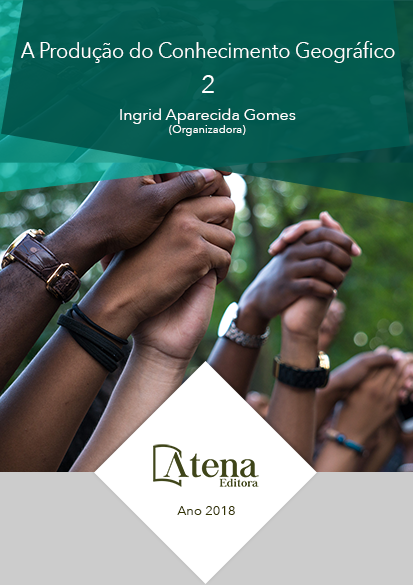
MIGRAÇÃO E CONSTRUÇÃO DE TERRITÓRIO: OS DESCENDENTES DE POLONESES E UCRANIANOS NA ZONA DA MATA RONDONIENSE
O movimento migratório dirigido
a Rondônia a partir da década de 1970 levou
para aquele estado populações de todas as
regiões brasileiras, dentre elas os paranaenses
descendentes de eslavos, notadamente
descendentes de poloneses e ucranianos que
durante as últimas três décadas se fixaram em
maior número na região conhecida como Zona
da Mata Rondoniense. A sua presença na região
recria parte de seu território afetivo, e que pode
ser evidenciada por elementos da cultura eslava
na construção do espaço sociogeográfico local,
embora não formem comunidades organizadas
a partir de características étnico-culturais. O
habitus camponês eslavo, facilmente constatado
no caráter identitário do grupo é vivido e
manifestado com maior intensidade no interior
das famílias, razão pela qual, consideramos ser
a “eslavicidade de interior” uma das principais
características identitárias do grupo.
MIGRAÇÃO E CONSTRUÇÃO DE TERRITÓRIO: OS DESCENDENTES DE POLONESES E UCRANIANOS NA ZONA DA MATA RONDONIENSE
-
DOI: Atena
-
Palavras-chave: Grupos Eslavos; Habitus; Rondônia.
-
Keywords: Slavic Groups; Habitus; Rondônia.
-
Abstract:
The migratory movement directed
to Rondônia from the 1970s took to this state the
populations of all Brazilian regions, among them
the descendants of Slavs (Poles and Ukrainians)
who during the last three decades have settled
in greater numbers in the region known as
forest zone of Rondônia. Their presence in the
region recreates part of their affective territory,
evidencing the Slav presence in the construction
of the local socio-geographical space, although
they do not form communities organized based
on their ethnic characteristics. The habitus Slavic
peasant, easily observed in the identity character
of the group is experienced and manifested with
greater intensity within families, reason why, it
is considered that the “Slavic way of life inside”
one of the main identity characteristics of the
group.
-
Número de páginas: 15
- Jania Maria de Paula


